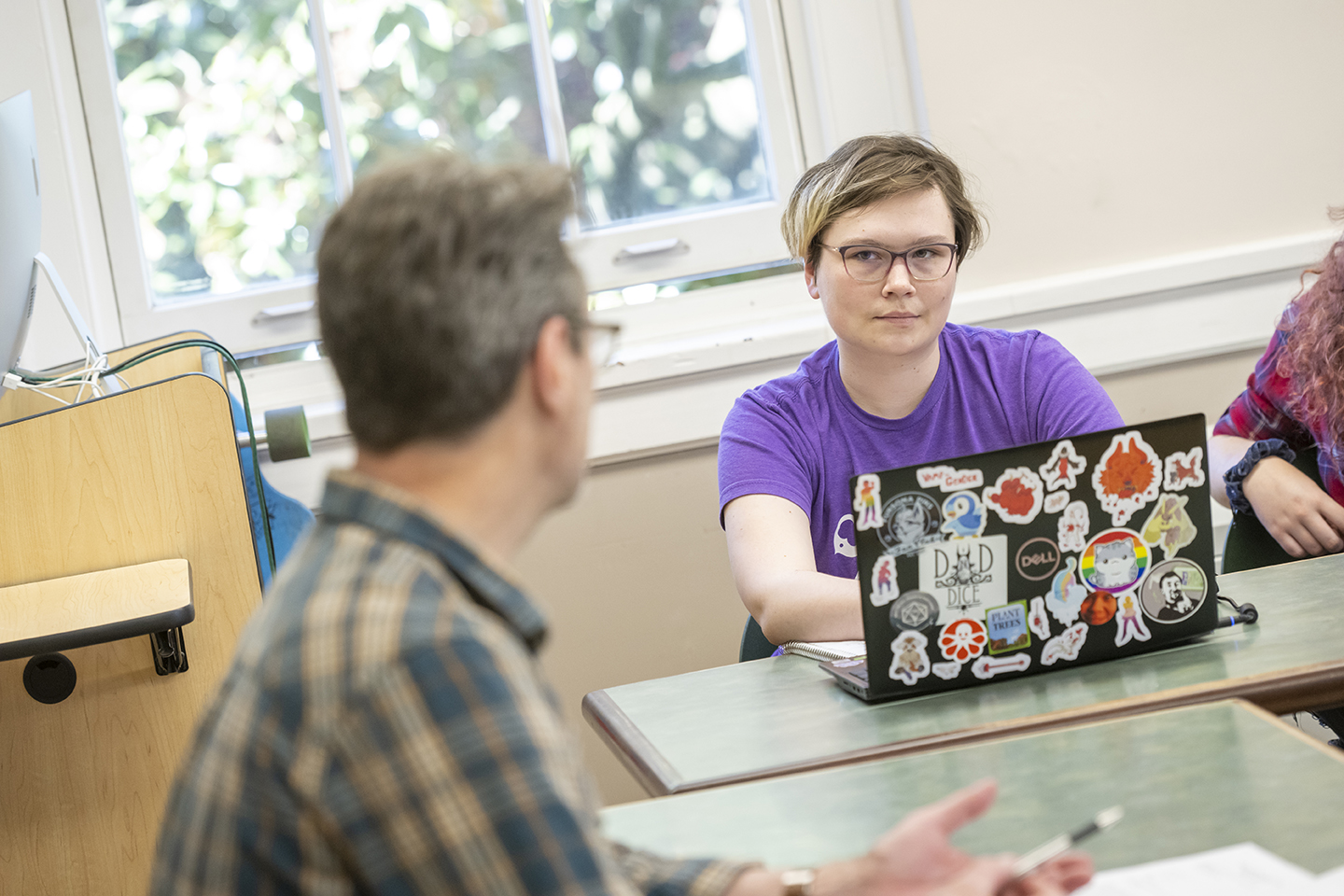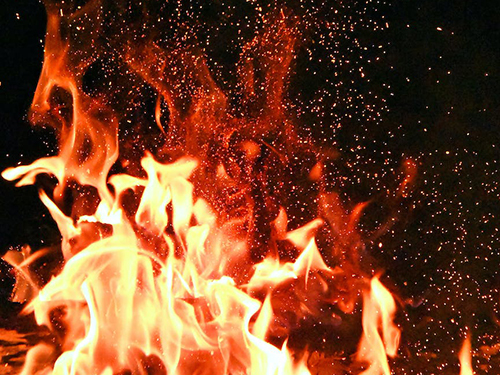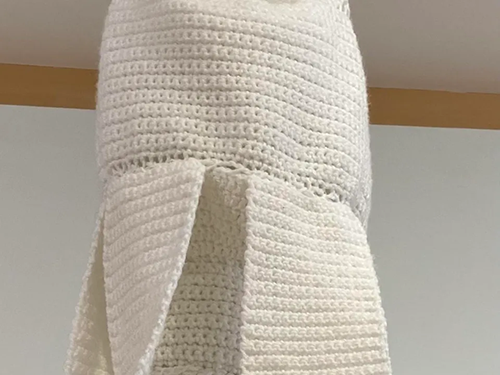

Writing at Washington College
One of the most valuable skills you can learn is how to clearly and effectively write and communicate. From literature to business, biology to computer science, our courses teach you how to write and communicate in all fields of study and for a variety of audiences and purposes. While some schools may limit writing to a standard composition course in one department, at Washington College our writing program is embedded throughout the undergraduate coursework. Students are continually building on their foundational writing and inquiry skills from their First Year Seminar (FYS) through their Senior Capstone Experience (SCE), the largest independent research project our students complete. The program is based on the belief that all students can become effective communicators with guided and ongoing practice in the craft of writing and critical thinking.
The Writing Program
The First Year Seminar is taken in your first semester on campus. Using a topic-based approach, each seminar begins to immerse you in the academic program at Washington College, introducing the process of inquiry, research, idea generation, questioning, writing, and other academic skills for success. Topics—often off-beat and interesting—vary each year and are taught by a range of faculty across campus, including those in history, mathematics, world languages and cultures, physics, English, anthropology, and more. Through the seminar, students also learn how to present their ideas and engage with those of their classmates through this small, collaborative experience.
The next step in the writing program is completing a course (referred to as a W2 course),
that focuses on the process of writing and development of rhetorical knowledge. Building
upon the ideas and skills learned in the FYS, students deepen their understanding
of the writing process—generating, composing, responding, revising, and editing their
writing. W2 courses are most commonly offered in the humanities and fine arts and
social sciences divisions.
Once students develop their foundational thinking and writing skills, they move on
to take a W3 course that focuses on writing in their discipline. While previous courses
in the writing program may have been taken as part of your major or department, the
W3 course is specifically designed so every department takes responsibility to teach
their students how to write in their major. Students gain the rhetorical knowledge
and experience needed to write for audiences and purposes specific to disciplinary
contexts within their major. For many majors, the W3 course is built into a junior
or senior seminar, making students think very intentionally about their writing and
research ahead of their Senior Capstone Experience (SCE).
The final component of our writing program is the completion of a Senior Capstone Experience. Every graduating senior must complete discipline-specific writing as part of their
capstone, demonstrating an advanced level of critical thinking, writing skill, and
rhetorical knowledge. The SCE is the largest independent research project a student
will complete while at Washington College, though the type of research and length
of written component will vary by major. Whether you intend to enter the workforce
or pursue a graduate degree, completing a thesis sets you apart from many other applicants.
Writing Opportunities
While writing is an essential part of the curriculum, students also find opportunities
to pursue and develop their writing outside of the classroom.
The Writing Center offers one-to-one or small group tutoring sessions for students in all classes working
on writing projects in any course or subject area. Whether you need help brainstorming
at the start of an assignment, developing an argument, citing sources accurately,
or editing for structure or grammar, the Writing Center’s peer consultants can assist
you any step along the way. They can even help with personal statements for internships,
scholarships, or graduate school applications. Assistance is also available for oral
presentations. To become a peer writing consultant, students must take a semester-long
training course to learn the best practices of helping other students with their writing.
The Washington College Review, our student-run academic journal, publishes student work across the disciplines
throughout their time here, and has a fall SCE issue each year. The review highlights
the quality of academic writing on Washington’s campus while showcasing the real work
students are doing.
Other student-run writing opportunities providing venues for students to get hands-on
experience writing and editing of different kinds include The Elm newspaper, Collegian literary magazine, Pegasus yearbook, and the Writers’ Union.
Majors, departments, and other campus programs bring writers and researchers to campus
to give talks and meet with students throughout the academic year. The Washington College Rose O’Neill Literary House hosts a visiting writers series each year, inviting industry professionals to read,
work with students, answer questions, and more.
Through coursework, clubs, publications, and more, students become writers at Washington
College.





